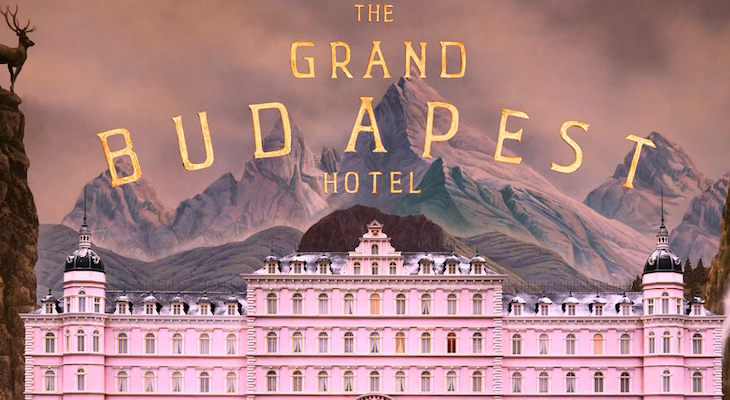Simply complex.
I imagine that’s quite an elusive review for a film, so I’ll try to expand.
The Grand Budapest Hotel features a story read by a young girl sitting at a monument in a cemetery, in which the Author narrates through the film. Taking place in the 1960’s, the Author (whose name is never given) and the hotel owner sit down for dinner to share how he came to acquire the hotel; leading to another dimension of story in the 1930’s.
Anderson makes great use of beautiful German landscapes and the wide lens shots that help make him legendary and iconic by nature. His use of artificial, but handmade, models allowed for these impossible angles and views that you see in nearly every film he creates. But what stood out amongst all was the complexity of dialogue; seemingly placed perfectly as if a fine artist had painted each stroke with great intention. A cocktail of both wit and profanity place you in each and every room of the hotel, elegantly showcased in extended shots, which often break even the rules of the imagination. Wes Anderson’s Grand Budapest Hotel will leave you immersed in grins and laughter, full of ironic joy, and ready for yet another bout with his fleet of esteemed actors and actresses.
